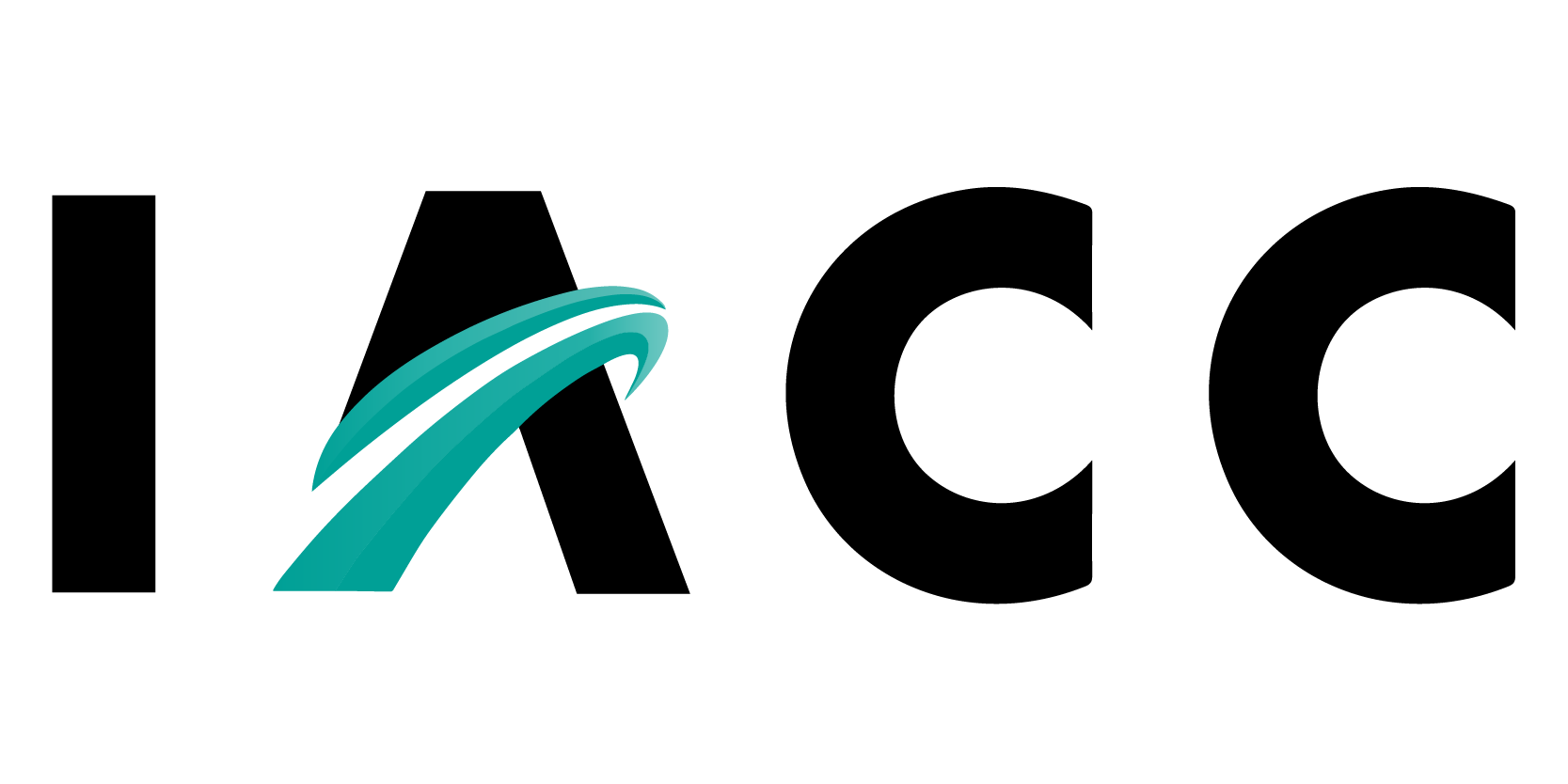What to do if you're worried about getting laid off

The worst thing about getting laid off (beyond the obvious impact to your cash flow) is the lack of control. Even if you’ve been hoping to leave your job, you want to be the one to control the timing of that exit. As a career coach, this is my advice: get in the driver's seat.
The best way to not have to worry so much about getting laid off is to follow a dual path: one path is where you are now and the other path is where else you could be.
The Where You Are Now Path.
What can you do to solidify your current job? This falls in the category of “executive coaching,” and personally, I believe it’s one of the great benefits of the explosive growth of the career coaching field. In the past, only executives could afford an executive coach. However, with the plethora of career coaches that have entered the scene, it has become more affordable to hire your own executive coach—even if you’re not a current resident of the C-suite.
An executive career coach can help you identify blind spots in your work your performance (spoiler: we all have a few). Maybe you’re not as crystal-clear a communicator as you think you are. Maybe you struggle with executive function and think you’re successfully covering that up, while someone upstairs is in fact in chronic toe-tapping mode because you’re not very organized. Maybe your manager would love to hear from you more in staff meetings but you let your natural shyness get the best of you. In comes your career coach to help you look at your job situation with an eye on adjusting habits, assessing skill gaps, or any other performance items that might be keeping you from being the indispensable superstar you’d like to be. They can give you solid tips for specific work situations that allow you to apply what you’re learning in real time, so you see real results.
I've helped people dig out of deep performance holes. One client of mine was only nine months into his new job, and already seeing his boss show signs of concern over “avoidance” on the part of my client. He fielded a 30-day “you are about to be fired” notification and panicked. By the end of that thirty days, he was on top of his game and the notice was revoked—and replaced with an A-plus performance rating.
I’ve also helped clients who were frustrated about getting passed over for promotions. In one notable case, four months of working together resulted in that person finally getting a promotion they had begun to assume would never be offered.
In other words, one huge way to keep yourself out of panic mode is to shore up your defenses. Become someone your employer cannot afford to lose, and you’ll generally find you survive layoffs. As a happy bonus, you’ll genuinely feel better about yourself and your work because you will have really built skills you might not have realized you were missing. So even if you do end up on the wrong side of a re-org, you’ll be wa less likely to fall into a depression-hole and way more likely to look like an awesome candidate for the next role.
The Where You Could Be Path.
This is also known as the path of “the best defense is a good offense.” I’ve seen clients flounder in their job search process for every reason imaginable. They’re conflicted about the right path. They don’t understand how to present themselves. They’re declining to address a skill gap that they really need to resolve in order to be competitive. They’re in a self-esteem tailspin from a toxic workplace experience and are struggling to heal. They’re throwing themselves at environments that aren’t aligned with their gifts or values, and not ready to listen to reason about it.
Sometimes, it’s sincerely hard to identify “the reason.” Sometimes it’s just dumb luck—but guess what? A certain number of months of bad luck while you’re watching your savings account dry up like Lake Mead in a drought year, and anyone will start to flail, lose focus, experience psychic pain, and start presenting themselves as desperate, resentful, or depressed, none of which make a recruiter’s eyes light up with joy. So don’t be that job-seeker!
Get all of your job search ducks in a row. Get clear on what is new for you and design a dossier (résumé, cover letter, LinkedIn profile, at minimum) that gets you noticed. Seek help if you need it. You will know if you need it. It will look a lot like “I’ve been staring at this cover letter for six hours and have no idea what to say.”
Once you have your dossier? Follow through. Send that puppy out. Spend your web scrolling budget on finding current roles that match your skills and circumstances, and introduce yourself. Go on a few interviews and drive that car over the finish line.
You might get offers. And you might decide to turn them down and stay where you are. Or you might just discover that you’ve found a role or a workplace that suits you even better than your current one. Then you have options, and you are in control of whether you stay or if you go.
Even if you decide not to leave where you are, you’ll feel much more in control of your situation—and much more able to weather a negative job market with resilience, and hey, your dignity.
If you’re looking to make yourself as layoff-proof as humanly possible and could use a hand—hit us up.
